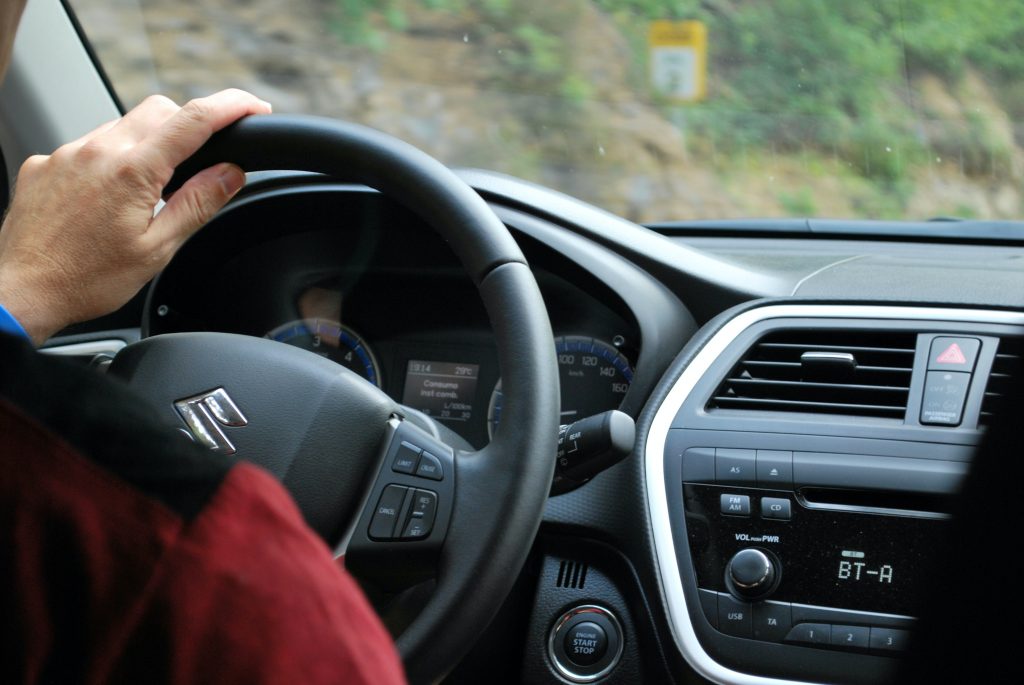Car accidents are one of the leading causes of injury and death in the United States. Knowing what to do after a car accident is critical for protecting your safety, and your rights, and getting compensated if you were injured or lost property due to another person’s negligence. So here’s how to respond immediately following an automobile accident, including steps such as staying at the scene, exchanging information with other parties involved, gathering evidence from witnesses, filing a police report, and seeking medical attention. No matter how serious or minor an auto collision may be, read on for valuable information that could save you time and money in the long run.

1. Get Professional Legal Help
The first thing to do after a car accident is to make sure you get the legal advice of an experienced attorney. A lawyer will help ensure that your rights are protected and that you receive the highest possible financial compensation for any property damage, medical expenses, or other losses due to the crash. An experienced car accident lawyer will also be able to advise you on the best course of action if you are being sued. Additionally, your lawyer can guide you through the complicated process of filing a lawsuit. For example, your lawyer can help you with filing an insurance claim, researching state laws and regulations concerning auto accidents, negotiating any settlements or awards due to you, and representing you in court if necessary.
2. Stay at the Scene
No matter how minor or serious a car accident may be, all parties involved must remain at the scene until law enforcement arrives and provides instructions. Leave as quickly as possible if there is an immediate danger to your health or safety, but otherwise, wait for help to arrive. If you do leave before law enforcement arrives, make sure to get in contact with them and provide a statement about what happened. While you are waiting, don’t discuss the accident with anyone, and avoid making any statements that might be used against you in court.
3. Exchange Information
If you have been involved in an automobile accident, it is important to exchange contact information with all parties involved. This includes driver’s license numbers, insurance providers, vehicle identification numbers (VINs), and vehicle license plate numbers. You should also get contact information from any witnesses who may have seen the accident occur as well. Of course, it is important to never admit fault or take the blame for the accident.
4. Take Photos of the Scene
If it is safe to do so, take photos of both vehicles involved in the crash, and any visible damage that has occurred due to the collision. This evidence can prove invaluable if you decide to file a lawsuit or insurance claim later on. Additionally, take pictures of any road signs, traffic lights, or other environmental factors that may be relevant in determining the fault for the accident. When in doubt, take more photos than you think you might need.
5. File a Police Report
After gathering all of the necessary information at the scene, you will need to fill out a police report with law enforcement officers who arrive at the scene of the crash. Make sure to include all of the contact information, as well as any other relevant details and descriptions. Be sure to keep a copy of the report for your records. Some states may require you to file a report if the accident is worth more than $1000 in damage. Being honest and accurate in your report is important, as it could be used as evidence if any legal issues arise from the crash.
6. Seek Medical Attention
If you have been injured in an automobile accident, you must seek medical attention immediately. Even if you don’t think you are seriously injured, some physical injuries can take days or even weeks to appear, so be sure to get checked out by a doctor soon after the accident occurs. Also, keep track of all medical bills and treatments associated with your injury – these will serve as evidence if you need to file a lawsuit or insurance claim later on.
7. Contact Your Insurance Company
Once you have taken care of your injuries and the police report has been filed, it is important to contact your insurance company right away. Your insurance provider will be able to tell you what steps need to be taken to file an insurance claim, as well as any other necessary paperwork that needs to be completed. Be sure to keep a record of all conversations with your insurance company, including phone numbers and names of anyone you speak with. In case of a dispute, having this information can be invaluable. It is also important to note the details of your accident, such as when and where it happened, the severity of the damage, and any other relevant information that may come up during the claims process. Understanding these details will help you get through the entire process more quickly and easily.
8. Seek Professional Car Repair Help
If your vehicle has incurred any damage due to the car accident, it is important to seek professional car repair help soon afterward. An experienced mechanic can assess the damages caused by the crash and provide an estimate for how much repairs will cost. If possible, take photos of any visible damages before taking your vehicle in for repair, as this will help support your insurance claim. While you may be tempted to repair the damage yourself, it is important to be aware of the potential legal implications should your repairs not meet local safety standards.

Being in a car accident can be a scary and confusing experience. Following these steps can help you stay organized and take the necessary steps to protect yourself after an auto collision. By gathering evidence, filing a police report, seeking medical attention, contacting your insurance company, and seeking professional repair services if necessary, you can ensure that you are taking all the right steps to come out of the accident unscathed. Taking these measures will also help protect your legal rights if you need to file a lawsuit or insurance claim later on.











